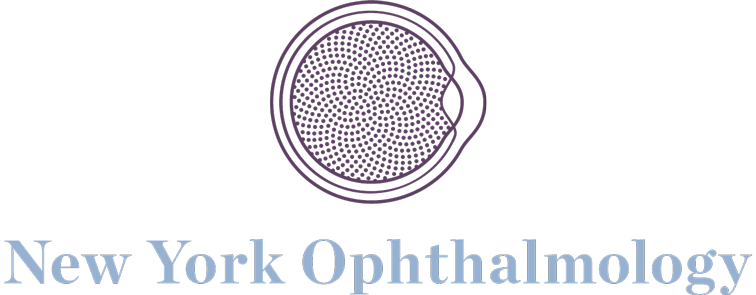Even as our practice continues to grow and we prepare to open new locations, New York Ophthalmology remains dedicated to providing access to advanced eye care to all. Using the latest technology and techniques typically available only to the wealthy, we are especially committed to providing advanced care to those in our neighborhoods who may have never before had an eye exam.
Some residents of communities underserved by ophthalmologists, including neighborhoods in Queens, the Bronx, Manhattan, and Brooklyn, suffer avoidable eye conditions because of this lack of access. For example, both adults and children who have diabetes may not get annual dilated eye exams that are critical to early detection of changes that could lead to diabetic retinopathy.
Our mission since we established New York Ophthalmology in 2014 is embodied in our “people helping people” philosophy that includes locating our offices in areas where residents can get to appointments without spending an entire day making the trip to and from the office.
We’ve also expanded our use of TeleHealth appointments, which provides our eye doctors and staff the ability to use secure online telemedicine visits to evaluate and treat concerns about your vision. Not only is this more convenient, but it also helps limit the number of contacts we have outside our home.
Why Access is Especially Important Now
There are currently millions of Americans unable to get timely access to quality medical and surgical eye care, such as cataract surgery and glaucoma treatment. In the Bronx and at our other locations, we see patients every day who otherwise would not get the vision care they need.
More than 400 eye doctors and surgeons who are members of the American Academy of Ophthalmology traveled to Washington, D.C. last year to work on overturning federal policies that delay access to critical vision care. Among these policies are health plans that require a patient to fail the plan’s choice of treatments before the eye doctor can begin the treatment option he or she believes is more effective.
Access to Low-Vision Devices
There is also evidence that lower-income communities don’t have the same access to low-vision devices—such as hand-held magnifiers and strong magnifying reading glasses— because Medicare and many private insurers do not cover them. This is the case even though there is evidence that they can improve functioning and quality of life.
Keeping Our Commitment
We recognize the roadblocks many of our neighbors face in getting access to quality vision care and remain committed to treating everyone who comes to our practice. We’re proud of our reputation for both the level of patient care we provide and the expertise of our ophthalmologists, optometrists, and staff.
If you need a routine eye exam or need a more advanced vision treatment, please contact us using the online form to request an appointment or call our office directly at 866-599-8774.
Leave a Reply
